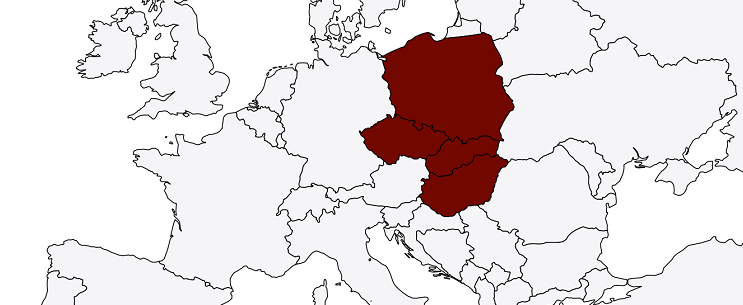After the third wave of democratisation, classic authoritarian countries have experienced a significant decline but have not completely vanished; instead, they have transformed into competitive authoritarianism. Unlike traditional authoritarianism, competitive authoritarianism incorporates elements of formal political institutions and allows for limited political competition. Elections are held in such regimes, including countries like Turkey, Thailand, Russia, Mexico, etc. In such environments, political parties have some space to operate and fulfil their roles. Similarly, despite constraints imposed by ruling authorities, mass mobilisation and social movements have emerged across comparative authoritarianism worldwide, such as Russia in 2019-2020, Thailand in 2020-2021, and Georgia in 2019.
To shed light on the complex interactions among political actors in competitive authoritarianism, this seminar guides students through comparative politics and power leverage in such settings, especially focusing on the roles and relationships among relevant political actors. We begin by introducing and discussing seminal theoretical frameworks and subsequently apply them to in-depth analyses of selected empirical cases across different regions, such as Turkey, Thailand, and Russia.
- Teacher: Thareerat Laohabut
- Teacher: Karl Corro
- Teacher: Klaus Götz
- Teacher: Fabian Heuberger
- Teacher: Marc-David Nappert
- Teacher: Paul-Ioan Razvan-Mihalcea
